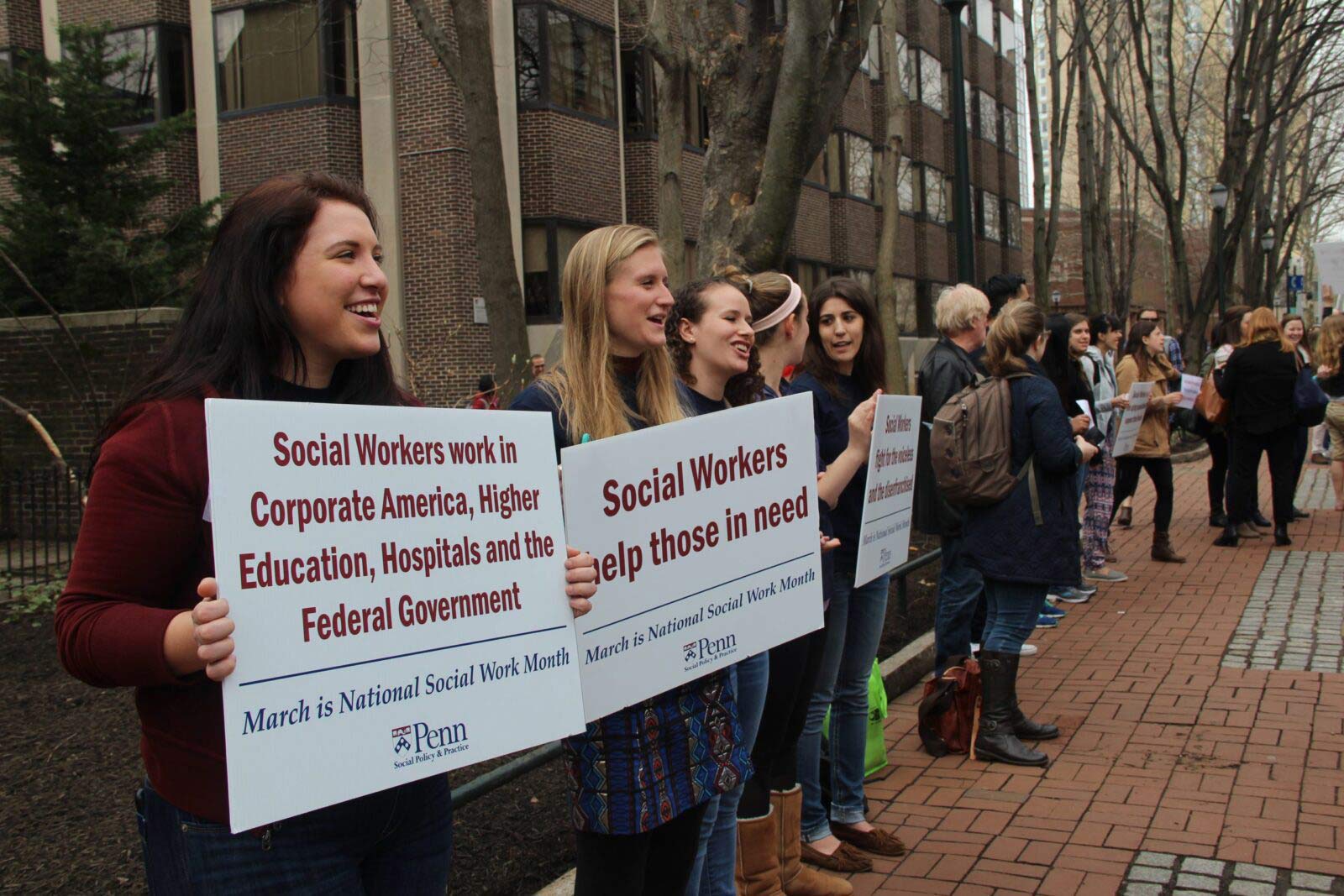
MASTER OFSOCIAL WORK
Become an empathic, informed, and effective social worker – begin the journey today
The Master of Social Work (MSW) Program at the University of Pennsylvania School of Social Policy & Practice (SP2) empowers you to become the type of committed and compassionate social work leader that today’s complex world needs more than ever. Learn more about our renowned faculty, curriculum, diverse practicum placements, and commitment to social justice and meaningful change.
Request Info
Learn more about the MSW program and the SP2 experience.
Apply Now
Ready to experience SP2? Learn more about the application process.
Visit SP2
Join us for an upcoming in-person or virtual event.
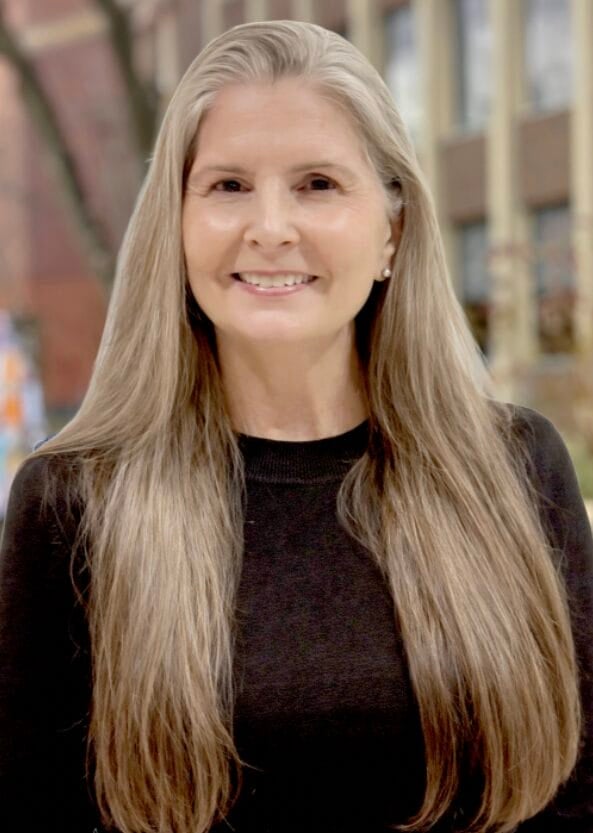
Director’s Welcome
“We embrace diverse identities, perspectives, and life experiences among all of the people involved in our program, including students, instructors, agency- and SP2-based staff, clients, and community members.”
The SP2 Difference
INVISIBLE leave blank
One of the nation’s top-ranked and most highly respected MSW programs
Prepares you to develop and deliver high-impact services with individuals, families, groups, communities, and organizations
Small classes led by world-class faculty
Practicum placements at hundreds of sites throughout Philadelphia and beyond
A diverse global alumni network
INVISIBLE – leave blank
Fully accredited by the Council on Social Work Education
Full Time (Two-Year)
The full-time MSW Program is designed for students who plan to complete their program on a full-time basis.
- Schedule: Earned over two academic years; begins with a required orientation in August and concludes the following academic year with commencement in May.
- Practicum Placement: One practicum placement during each academic year; three days per week are spent in practicum. Learn more about practicum placement.
- Curriculum: Students take four courses per semester (eight courses per academic year).
This is the standard schedule and course of study for full-time students, though you may customize your schedule if pursuing a dual degree or certificate program, or if required in order to complete your practicum placement.
*Waiver Exams are offered for SWRK 6010 and SWRK 6020 every August, and for SWRK 6150 every October. Students who score a qualifying grade on a waiver exam for SWRK 6010 and SWRK 6020 must take an elective in place of the required course. Students who score a qualifying grade on a waiver exam for SWRK 6150 must take a relevant advanced research elective in place of the required course.
**Non-credit/non-tuition course.
***Practice classes are a year-long sequence. Students remain in the same section of SWRK 6040/6140 for the entire first year and in the same section of SWRK 7040/7140 or 7080/7180 for the entire second year.
First Year
Foundation-year practicum placement begins in September and ends in April.
Fall Semester
- SWRK 6010: History and Philosophy of Social Work and Social Welfare* (may include Joint Lectures)
- SWRK 6020: Human Behavior in the Social Environment* (may include Joint Lectures)
- SWRK 6030: American Racism and Social Work Practice (may include Joint Lectures)
- SWRK 6040: Foundations of Social Work Practice I + Practicum*** (may include Joint Lectures)
Spring Semester
- SWRK 6140: Foundations of Social Work Practice II + Practicum*** (may include Joint Lectures)
- SWRK 6150: Introduction to Social Work Research* (may include Joint Lectures)
- SWRK 7xx0: Policy Option
- SWRK 7600 or other elective (Some students complete the required clinical elective of SWRK 7600 prior to the start of the second year, though it is not required to be taken in this semester.)
Second Year
Advanced-year practicum placement begins in September and ends in April.
Fall Semester
- SWRK 7040/7080: Advanced Clinical/Macro Social Work Practice I + Practicum*** (may include Joint Lectures)
- SWRK 7xxx: Elective #2
- SWRK 7xxx: Elective #3
- SWRK 7xxx: Research Option
- SWRK 7100: Supervision Seminar (For students without an MSW Practicum Supervisor)**
Spring Semester
- SWRK 7140/7180: Advanced Clinical/Macro Social Work Practice II + Practicum*** (may include Joint Lectures)
- SWRK 7130: Understanding Social Change: Issues of Race and Gender (may include Joint Lectures)
- SWRK 7xxx: Elective #4
- SWRK 7xxx: Elective #5
- SWRK 7100: Supervision Seminar (For students without an MSW Practicum Supervisor)**
Advanced Standing
Penn’s Advanced Standing MSW Program accepts a limited number of exceptional BSW students who have graduated from CSWE-accredited, CASWE-accredited, or ISWDRES-evaluated programs within the past five years. Students earn their MSW degree in 10 months.
- Schedule: Begins with a required orientation in July and ends with commencement in May.
- Practicum Placement: Includes either a clinical or a macro concentration practicum placement that begins in July and ends in April; students are in practicum three days per week. Learn more about practicum placement.
- Curriculum: During the summer semester, students take two credit-bearing courses and one non-credit-bearing course. During the fall and spring semesters, students take the equivalent of four courses per semester.
This is the standard schedule and course of study for Advanced Standing students, though you may customize your schedule due to participation in a certificate program the needs of your practicum placement, etc.
Summer Term
- SWRK 6030: American Racism and Social Work Practice
- SWRK 6200: Integrative Practice Seminar*
- SWRK 7xxx: Research Option
Fall Semester
- SWRK 7040/7080: Advanced Clinical/Macro Social Work Practice I + Practicum** (includes Joint Lectures)
- SWRK 7xxx: Elective #1 (SWRK 7600 is a required elective for clinical concentration students; may be taken in either semester)
- SWRK 7xxx: Elective #2
- SWRK 7xxx: Elective #3
- If Required: SWRK 7100: Supervision Seminar (For students without an MSW Practicum Supervisor)*
Spring Semester
- SWRK 7140/7180: Advanced Clinical/Macro Social Work Practice II + Practicum** (includes Joint Lectures)
- SWRK 7130: Understanding Social Change: Issues of Race and Gender (includes Joint Lectures)
- SWRK 7xxx: Elective #4
- SWRK 7xxx: Policy Option
- If required: SWRK 7100: Supervision Seminar (For students without an MSW Practicum Supervisor)*
**Non-credit/non-tuition course.
***Practice classes are a year-long sequence. Students remain in the same section of SWRK 6040/6140 for the entire first year and in the same section of SWRK 7040/7140 or 7080/7180 for the entire second year.
Part Time (Three-Year)
Child Welfare Education for Leadership (CWEL)
The University of Pennsylvania is proud to be one of 12 accredited schools of social work in Pennsylvania that is part of the Child Welfare Education for Leadership (CWEL) Program, designed to provide graduate-level educational opportunities for public child welfare personnel. Throughout the program, CWEL students receive support from CWEL classmates and mentoring from SP2’s faculty who specialize in child welfare issues.
- Eligibility: CWEL applicants are reviewed under the admissions criteria set forth for all MSW Program applicants. Applicants must also submit an application to CWEL and, as outlined on the CWEL program page through the University of Pittsburgh, must;
- Be an employee of a Pennsylvania county child welfare agency;
- Have the prerequisite academic degree from an accredited institution of higher education;
- Be employed by the same agency for a minimum of two years;
- Have satisfactory performance evaluations;
- Be granted an educational leave by the employing agency for the purpose of enrolling in the CWEL Program (if applying for full-time study) or receive county agency approval for CWEL participation (if applying for part-time study).
- Schedule: Penn accepts CWEL students for either full- or part-time study (dependent upon the approval of their employing agency).
- Practicum Placement: CWEL students are required to complete both their foundation year and advanced year practicum placements in an agency focused on child welfare. Students may not use their normal employment to fulfill practicum placement hours, but they may choose to complete their practicum placement(s) at their employing agency in a role that is different from their usual employment.
- Additional Information: Please visit the CWEL Program page through the University of Pittsburgh.
Joint Lectures
Sequences in the MSW Program may schedule sequence-wide lectures for all sections at various points in the semester. These lectures feature experts in the field and are a mandatory component of the course(s). Joint lectures are scheduled on Wednesday evenings (6:30 – 8:00 PM); students should not register for other courses on Wednesday nights that conflict with the joint lecture time slot. Students who have extenuating circumstances that prevent them from attending the joint lectures must make arrangements with their course instructors to receive the lecture content in another way.
Ready to join the MSW community?
Dual Degree Options
Certificate Programs and Specialization Options
Interdisciplinary Partnership
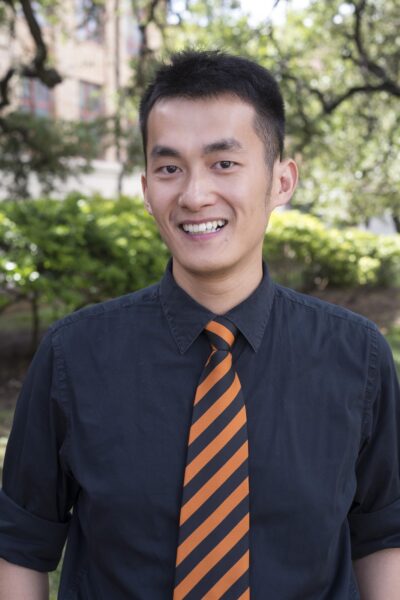
FEATURED ALUMNI
Anao Zhang, MSW’12
“I chose SP2 for a variety of reasons. First and foremost, SP2 has some of the strongest clinical faculty members who are actively engaged in MSW teaching, which aligns with my academic interests. Other reasons include SP2 being an Ivy League school offering an MSW program, its location in the great city of Philadelphia, and its stunning urban campus.
During my time at SP2, the faculty members not only provided me with world-class social work education, but many of them also genuinely cared about my growth and that of my peers as our mentors, colleagues, and friends.”
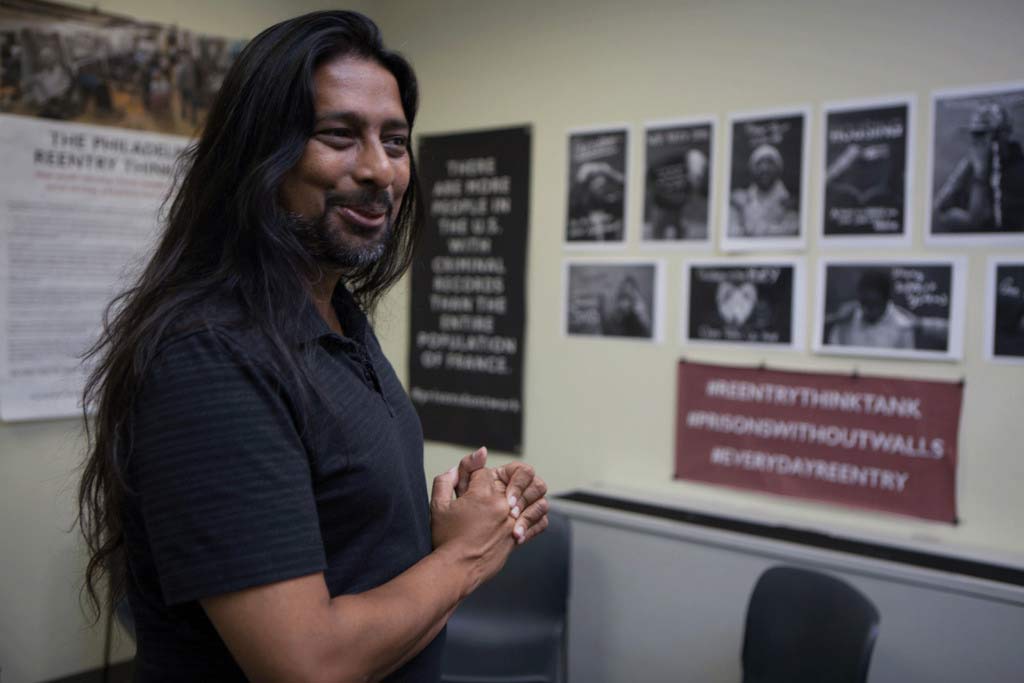
Practicum Placements
Practicum education is an integral and required part of the overall MSW curriculum, connecting classroom learning with the practical work of an agency setting. Our students gain important knowledge and skills and make meaningful contributions at organizations such as hospitals, community centers, and hospice agencies, both here in Philadelphia and beyond.
Related News
Student Life
12/08

SP2 MSW alumni win Pennsylvania Society for Clinical Social Work awards
Two recent graduates from the School of Social Policy & Practice Master of Social Work (MSW) Program are among this year’s winners of the Awards for Clinical Excellence given by the Pennsylvania Society for Clinical Social Work (PSCSW).
Alumni
07/22
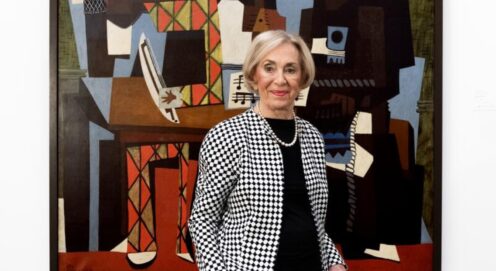
SP2 alumna reflects on the enduring power of a social work education
Seven decades after graduating from Penn’s School of Social Work, Sonia Triester, MSW’55, remains deeply connected to the School and its mission.
Student Life
06/05
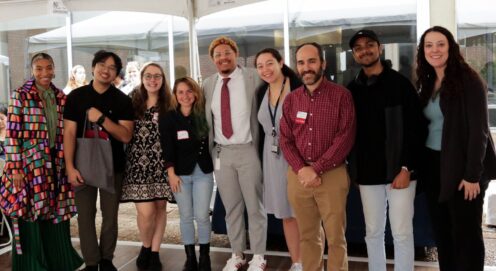
SP2 master’s programs celebrate partnerships & student impact
On Thursday, May 15, Penn’s School of Social Policy & Practice (SP2) hosted its second annual Celebrating Partnerships and Student Impact event. The event brought together SP2 master’s programs and their community partners from Greater Philadelphia area schools, faith-based organizations, charitable foundations, and more.
Contact Us